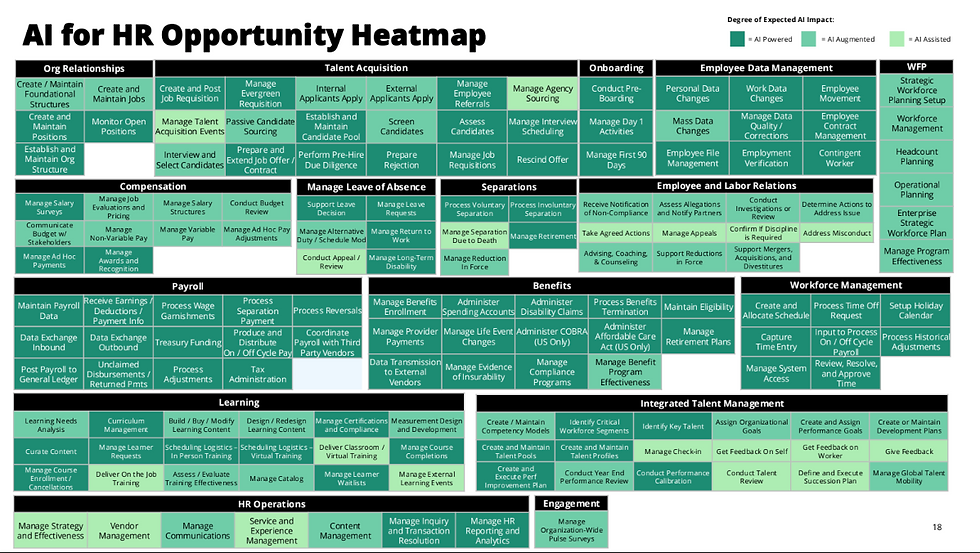Seasoned or Newbie: Exploring the Benefits of Hiring Across Experience Levels
- Maryna Khomich

- Feb 3, 2024
- 2 min read
There are many possibilities in a beginner's mind,
but only a few in the expert's.
Shunryu Suzuki
When most employers post a new job opening, they often picture the ideal candidate as someone who:
Has seen it all,
Needs no guidance, already familiar with the tasks, or knows where to find answers,
Can instantly charm and sync with the team, sharing knowledge and learning from others,
Spots potential problems at a glance and proactively works to prevent them,
And oh, of course, is constantly developing and innovating every week.
Sounds perfect, right? But if everyone only looked for such experienced hires, what would happen to the majority of the workforce?

What many don't consider are the potential downsides of "extensive experience":
Relying solely on past experiences and dismissing alternative solutions,
Viewing one's opinion as the ultimate truth, intolerant to criticism or even other suggestions,
Having a fixed work style that's tough to change or adapt,
Learned helplessness,
Imposter syndrome,
Emotional burnout.
Granted, this is painting a pretty dramatic picture, but it's to give you an idea of what can happen. And are you sure you can spot these traits in an interview, especially if the candidate is smart and knows how to give socially desirable responses?
Let me tell you about the benefits of hiring a newbie, besides the obvious: their loyalty to your company grows with their skills.
So, fasten your seatbelts:
Newbies have boundless energy and are thrilled just to be doing something,
Work still stimulates their dopamine receptors as they discover new things,
They're not afraid to make mistakes or look silly,
They remember what it's like to learn,
Newcomers are genuinely enthusiastic, infecting others with their zest and sincerity,
They don't know that something hasn't worked the hundred times you've tried – they'll go for the hundred-and-first with fresh optimism,
They won’t turn their noses up at any task – they just get things done.
Hopefully, I've given you enough to think about changing your hiring approach. Yes, investing in newbies takes effort – nurturing, teaching, and guiding them. But their energy can sometimes move mountains. ;-)
Adding to the mix, remember the magic of balance in your team. While newbies bring fresh energy and an unjaded perspective, experienced professionals offer deep insights and tested strategies. It's about creating a team where these diverse experiences complement each other.
Experienced hires can mentor the newcomers, passing on valuable knowledge and shortcuts learned from years in the field. In return, newbies can challenge the status quo, bringing innovative ideas that might not be apparent to someone who's been in the industry for a while.
This synergy can create a dynamic workplace where continuous learning happens – the experienced learn to see things through fresh eyes, and the newbies get a fast-tracked education in the nuances of the industry.
So, when you're next looking to hire, think about how a candidate – newbie or seasoned – will fit into and enrich the ecosystem of your team. The goal is a well-rounded team where every member, regardless of experience level, feels valued and has room to grow.
Remember, diversity in experience levels is just as crucial as diversity in other areas – it leads to a more robust, innovative, and adaptive team.







Comments